

The Organising Committee cordially invites you to participate in the 29th International Carbohydrate Symposium in 2018 (ICS 2018), to be held from the 15th to the 19th of July at Faculdade de Ciências, Universidade de Lisboa (FCUL).
In the morning of the 15thof July, the Young Researcher Workshop and the Glycoinformatics Masterclass will take place at FCUL, both sponsored by CarboMet. On the 14th. of July, recent findings in glycochemistry and glycobiology will also be presented at the ICS Iberian Day.
The scientific sessions of this Symposium cover carbohydrate chemistry and analysis, carbohydrate structure and function, carbohydrates in medicinal chemistry, chemical biology, natural products, computational sciences and emerging areas of glycosciences, lectured by the world's most prestigious experts.
Contributions are expected in a diversity of topics where carbohydrates play a key role. We welcome presentations in glycosciences and personalized medicine, glycans, inflammation and disease, glycosylation and disease, vaccines, prebiotics, in particular for infants, gut microbiota, carbohydrates and nutrition, carbohydrates and cosmetics, polysaccharide biotechnology, glycoinformatics and carbohydrates in the bio-based economy with emphasis e.g. in glycomaterials and in lignocellulosic biomass valorization.
We wish all participants a fruitful meeting in this beautiful city of Lisbon, embraced by “her” golden sun and the magic Tejo river, running into our billowy sea!
Welcome to ICS 2018!
Amélia Pilar Rauter
Chair
Zbigniew Witczak (USA) President
N. Jayaraman (India) Past-President
Amélia P. Rauter (Portugal) President-Elect
Spencer Williams (Australia) Secretary
Oscar Varela (Argentina)
Spencer J. Williams (Australia)
Paul Kosma (Austria)
Ivone de Carvalho (Brazil)
Todd Lowary (Canada)
Biao Yu (P.R. China)
Vicente Verez Bencomo (Cuba)
Vladimir Kren (Czech Republic)
Mads Clausen (Denmark)
Risto Renkonen (Finland)
Anne Imberty (France)
Valentin Wittmann (Germany)
Lajos Szente (Hungary)
N. Jayaraman (India)
Paul Murphy (Ireland)
Timor Baasov (Israel)
Francesco Nicotra (Italy)
Yukishige Ito (Japan)
Injae Shin (Korea)
Johannis P. Kamerling (The Netherlands)
Richard Furneaux (New Zealand)
Berit Smestad Paulsen (Norway)
Slawomir Jarosz (Poland)
Amelia P. Rauter (Portugal)
Yuriy A. Knirel (Russian Federation)
Miloš Hricovíni (Slovakia)
David W. Gammon (South Africa)
Jesús Jiménez-Barbero (Spain)
Olof Ramström (Sweden)
Beat Ernst (Switzerland)
Chun-Hung Lin (Taiwan)
Carmen Galan (United Kingdom)
Zbigniew J. Witczak (United States of America)
Amélia P. Rauter, Chair (FCUL)
Tânia Almeida (Universidade Lusófona)
Maria Eduarda Araújo (FCUL)
João Manuel de Barros (FCUL)
Carlos Borges (FCUL)
Margarida Sacadura Botte (FCUL)
Tana Lukeba Canda (Universidade Agostinho Neto)
Ana Paula Carvalho (FCUL)
Ricardo Cruz (FCUL)
Ana Paula Esteves (Univ. do Minho)
Dulcineia Ferreira (Instituto Politécnico de Viseu)
Albertino Figueiredo (Univ. da Beira Interior, UBI)
Carlos Fontes (Managing Director of NZYTech-Genes and Enzymes)
Helena Gaspar (FCUL)
Isabel Ismael (UBI)
Jorge Justino (Instituto Politécnico de Santarém, IPS)
Alice Martins (FCUL)
Filomena Martins (FCUL)
Ana Marta de Matos (FCUL)
Christopher Maycock (FCUL)
Cristina Moiteiro (FCUL)
Tânia Morais (FCUL)
Fernando Nunes (Univ. de Trás-Os-Montes e Alto Douro)
Rafael Nunes (FCUL)
Ana Paula Paiva (FCUL)
João Pedro Pais (FCUL)
Teresa Pamplona (FCUL)
Rita Pereira (FCUL)
Luísa Roseiro (Laboratório Nacional de Energia e Geologia)
Maria Teresa Blásquez Sánchez (FCUL)
Ana Isabel Tomáz (FCUL)
Maria Soledade Santos (FCUL)
Susana Santos (FCUL)
Nuno Xavier (FCUL)
Timor Baasov (Israel)
Vicente Verez Bencomo (Cuba)
Mads Clausen (Denmark)
Richard Furneaux (New Zealand)
Carmen Galan (United Kingdom)
David W. Gammon (South Africa)
Miloš Hricovíni (Slovakia)
Yukishige Ito (Japan)
Yuriy A. Knirel (Russian Federation)
Vladimir Kren (Czech Republic)
Chun-Hung Lin (Taiwan)
Hermen Overkleeft (The Netherlands)
Berit Smestad Paulsen (Norway)
Risto Renkonen (Finland)
Injae Shin (Korea)
Olof Ramström (Sweden)
Lajos Szente (Hungary)
Oscar Varela (Argentina)
Zbigniew J. Witczak (United States of America)
Valentin Wittmann (Germany)
Margarida Amaral (Portugal)
Javier Cañada (Spain)
Marek Chmielewski (Poland)
Ramon Estevez (Spain)
Hans Kamerling (The Netherlands)
Antoni Molinaro (Italy)
Francesco Nicotra (Italy)
Nikolay Nifantiev (Russian Federation)
Juan Carlos Palacios (Spain)
Serge Perez (France)
Patrick Rollin (France)
Isabel Sousa (Portugal)
Joachim Thiem (Germany)
Hans Peter Wessel (Germany)
Chaired by His Excellency the President of the Portuguese Republic
Marcelo Rebelo de Sousa
Eduardo Gutiérrez Sáenz de Buruaga
the Ambassador of Spain
Hugh Burrows
Editor of Pure and Applied Chemistry
network: eduroam username: carbohydrate@fc.ul.pt password: ics2018
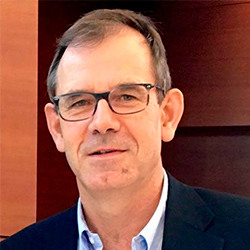
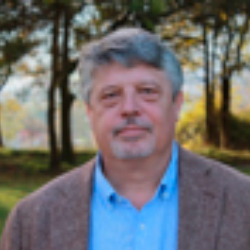

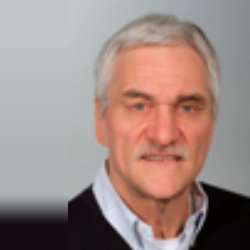
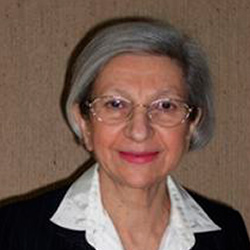

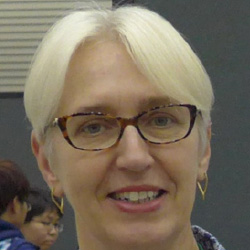
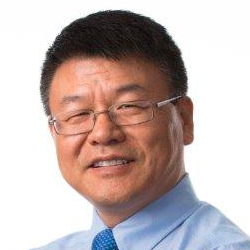

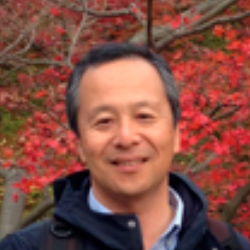
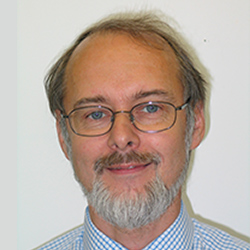
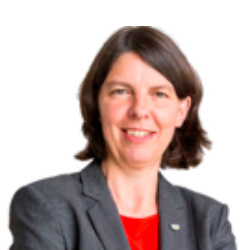

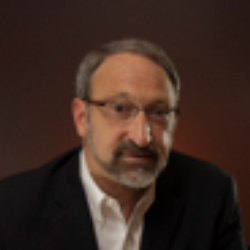
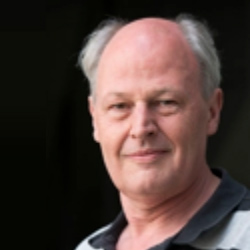
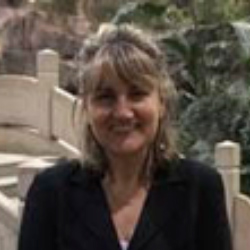
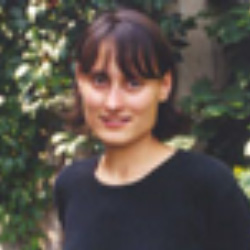
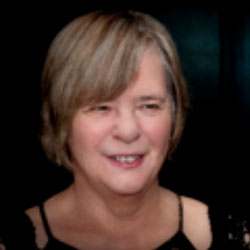
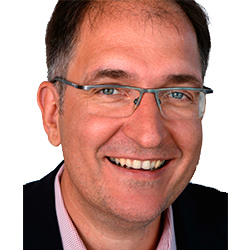
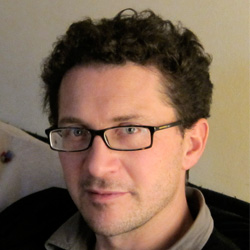
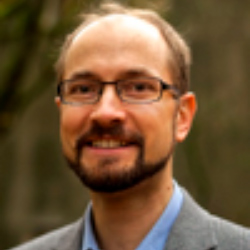
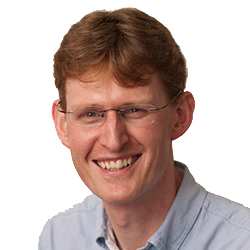

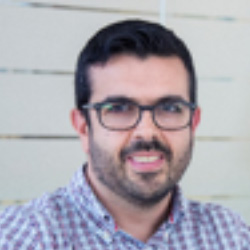
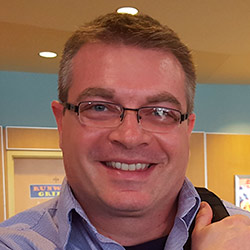
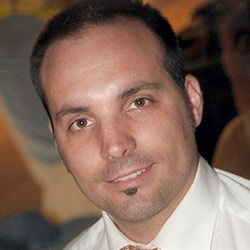
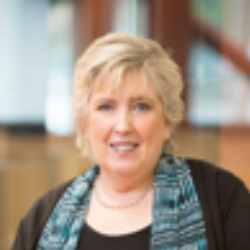
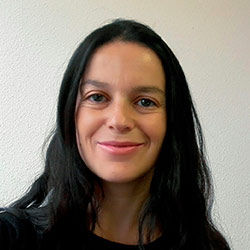
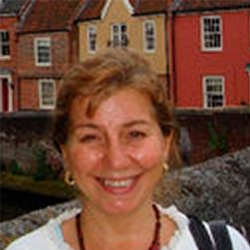
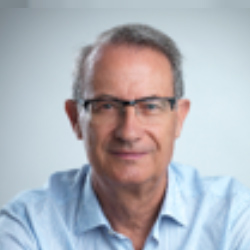

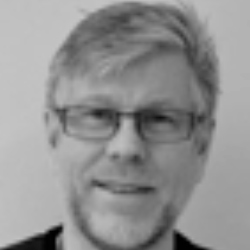
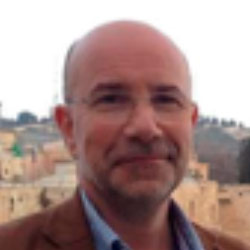
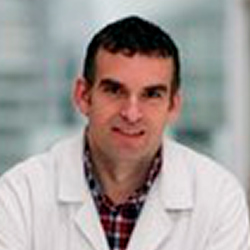
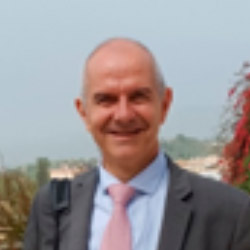
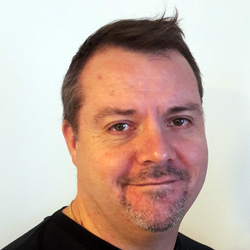
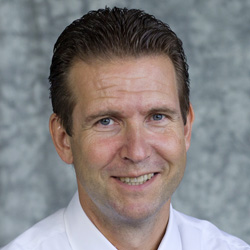

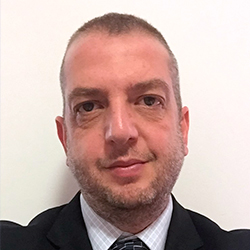
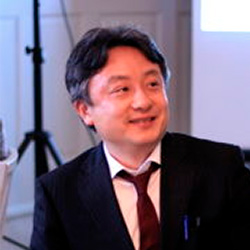
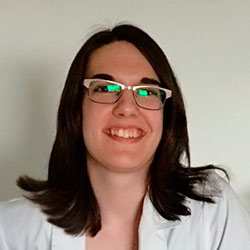
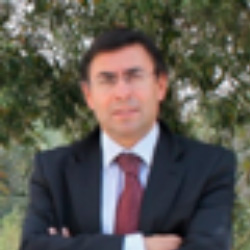

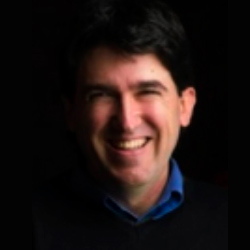
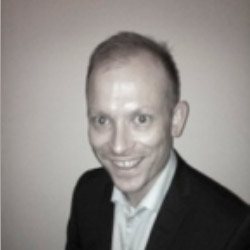
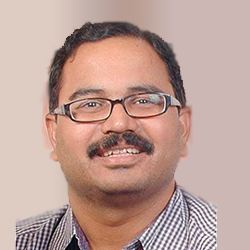
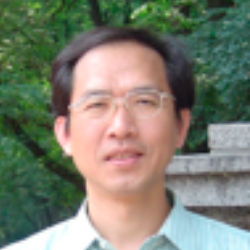
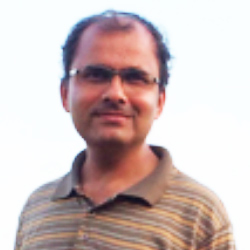
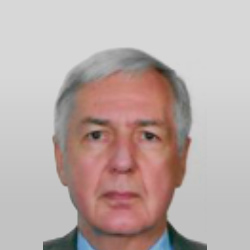
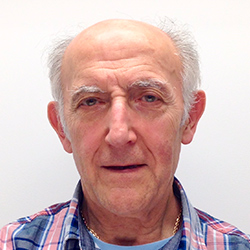
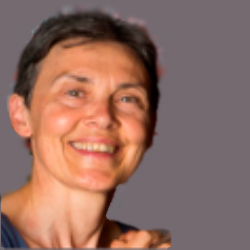

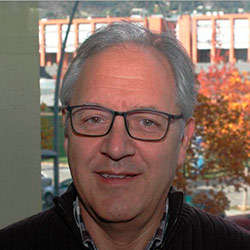
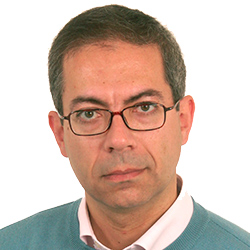
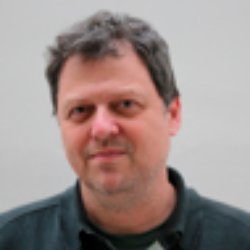
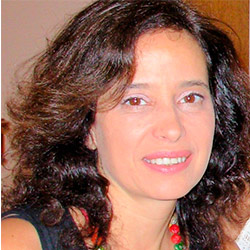
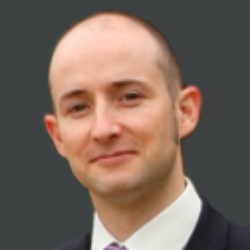
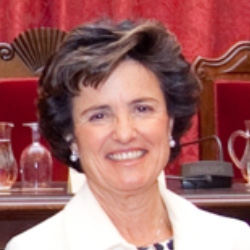
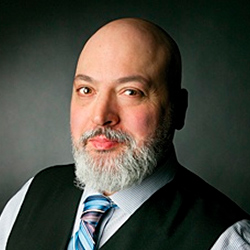
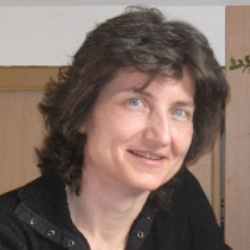
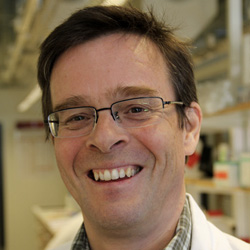
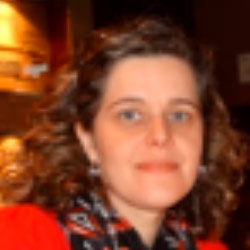
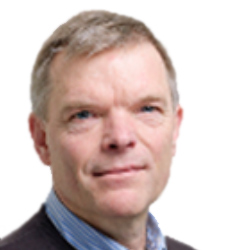
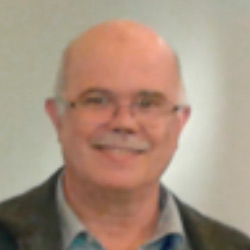

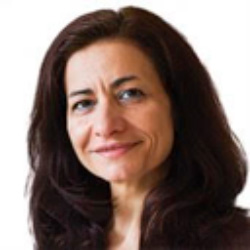
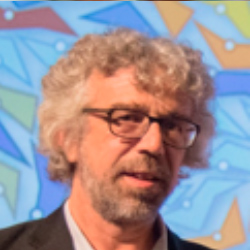
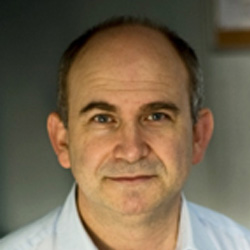
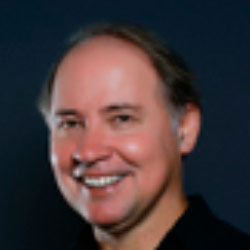
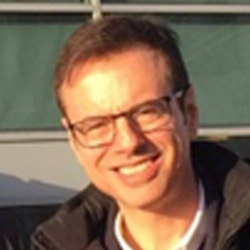
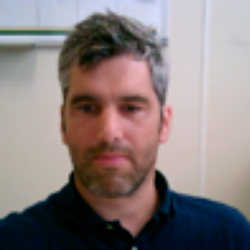
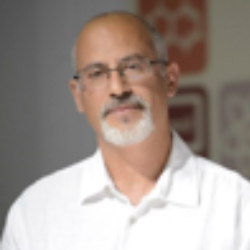

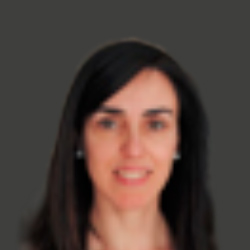


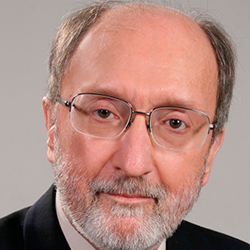
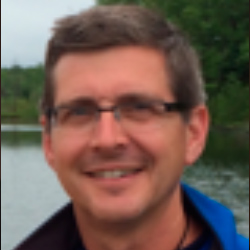


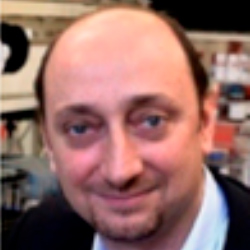

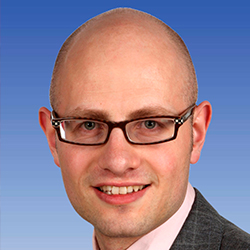


Speakers have up to 12 years of experience after Ph.D. completion and are less than 43 years old
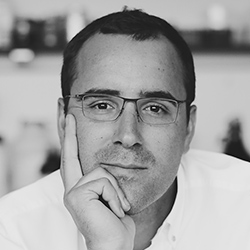
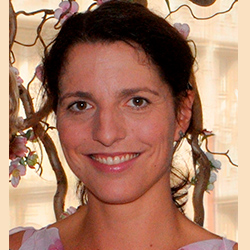
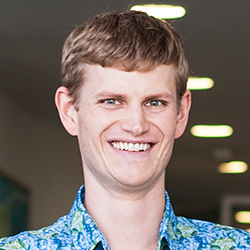
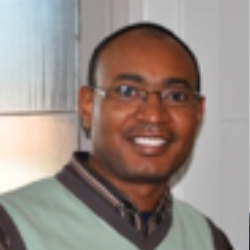
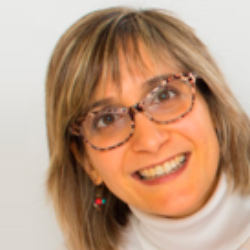
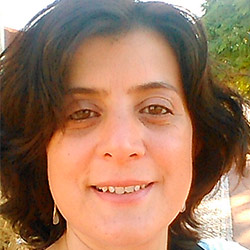
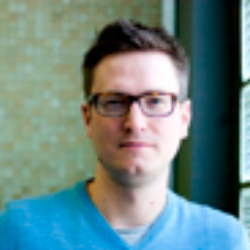
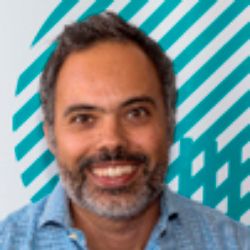
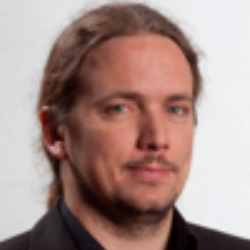
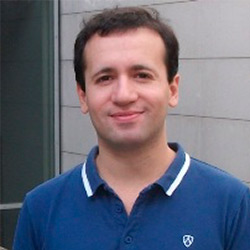
The scientific program comprises the following presentations (timetable will be on line by the beginning of July):
| before June 20th, 2018 (€) | after June 20th, 2018 (€) | |||
|---|---|---|---|---|
| IUPAC, SPQ, RSEQ members | non-members | IUPAC, SPQ, RSEQ members | non-members | |
| Regular | 585 | 635 | 650 | 685 |
| Student & post-Docs with PhD in 2016–2018 * | 285 | 345 | 300 | 360 |
| Conference Dinner ** July 19, 2018 |
40 | 40 | 57 | 57 |
| Accompanying Person | 150 | 150 | 190 | 190 |
Registration includes:
Payment Info:
Payment will be via VISA or Bank Transfer.
Students must demonstrate their status (eg, by attaching the student’s identification card or equivalent) when submitting the proof of registration payment.
Fellowship holders must demonstrate their status (eg, by attaching a document issued by their research unit) when submitting the proof of registration payment.
* Post-Docs with Ph.D in 2016–2018
Participants whose Ph.D. degree is dated between 2016 and 2018 are required to sent their Ph.D. Degree document to ics2018@chemistry.pt for confirmation
** Conference Dinner
Participants and registered accompanying persons have conference dinner sponsored by the meeting paying only 50% (40 euro).
Conference dinner for not registered accompanying persons: 80 euro until May 4th; 100 euro after May 4th
ICS2018 Registration Steps for registration - Cancellation/Refund Policy
The meeting’s official language will be English
Abstract submission is only possible via the SPQ registration site. Please log in using the password provided in the registration process and then proceed with "abstract submission".
Participants are encouraged to submit the title and abstract to the guest editor (Prof. Amelia Pilar Rauter) if they wish to propose a contribution on marine glycans and related areas of research.
until July 14, 2018
 The Roy L. Whistler International Award in Carbohydrate Chemistry was established in 1984 to recognize scientists ‘who have made contributions of excellence in carbohydrate chemistry and biochemistry, and with promise of continuing significant contributions.
We are honored to announce that Prof. Dr. David Crich will receive this award at the Opening Ceremony of the 29th International Carbohydrate Symposium on the 15th of July 2018.
The Roy L. Whistler International Award in Carbohydrate Chemistry was established in 1984 to recognize scientists ‘who have made contributions of excellence in carbohydrate chemistry and biochemistry, and with promise of continuing significant contributions.
We are honored to announce that Prof. Dr. David Crich will receive this award at the Opening Ceremony of the 29th International Carbohydrate Symposium on the 15th of July 2018.
www
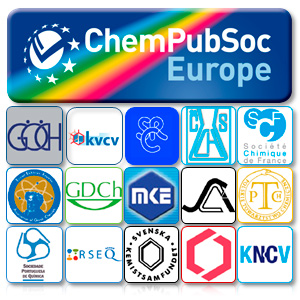 The ChemPubSoc Europe will award four Poster Prizes:
The ChemPubSoc Europe will award four Poster Prizes:
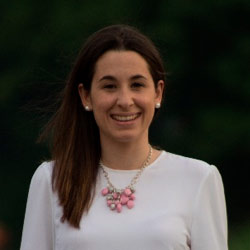 Nuria Martinez Sáez
Nuria Martinez Sáez
Utrecht Institute for Pharmaceutical Sciences, Utrecht University
Title: "Tn antigen structural insights for engineering MUC1-glycopeptides that offer a new via in cancer-fighting"
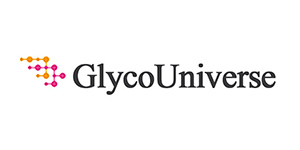
The OBC will award four OBC Poster Prizes:
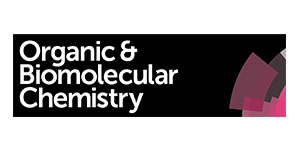
The JCC will award four Poster Prizes:
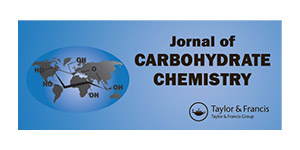
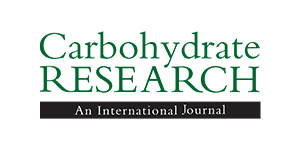

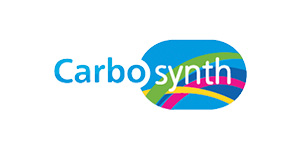
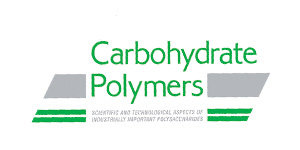
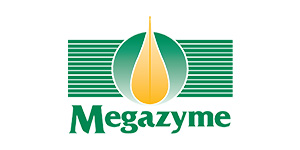

The meeting will take place in the Rectory building of the University (Reitoria da Universidade de Lisboa & Faculdade de Ciências da Universidade de Lisboa: C1, C3, C6 and C6).
The University of Lisbon can be easily reached from the airport by taxi (ca. 8 euros) and from the city centre also by taxi or by metro (underground) or bus. Some of the conference hotels are located within a walking distance. The joint fleet of the two public transportation companies, Metro (underground) and Carris (buses and trams), covers the entire city.
network: eduroam username: carbohydrate@fc.ul.pt password: ics2018
By Metro (Underground)
Lisbon is the capital of Portugal and lies on the north bank of the Tagus Estuary, on the European Atlantic coast. Lisbon is Europe's second-oldest capital (after Athens).
Lisbon is an illuminated city. The almost constant presence of sunshine and the River Tagus transforms the Portuguese capital into a mirror of a thousand colours - highlighting the city’s unique architecture and beauty.
As you walk through Lisbon - whose history spans back thousands of years - you will find streets filled with heritage monuments, and characteristic neighbourhoods where the city first developed and can still be experienced at its most genuine level.
Additional regional highlights, including the UNESCO World Heritage Site of Sintra, and the Estoril/Cascais coastline including the dramatic cliffs of Cape Roca, the Westernmost point on the European continent.
Visit the website of The Turismo de Lisboa for a detailed list of happenings around town.
Official Portugal Tourism Site
As Lisbon is a highly popular tourist destination GEOSTAR has pre-blocked a limited number of rooms in different price categories.
Due to the high demand for accommodation, we strongly recommend you to book your hotel accommodation as early as possible.
Insurance:
All conference attendees are advised to arrange private travel insurance. The conference organizers and committee accept no liability for personal accidents or damage to property. The organizing committee of ESOC XIX reserves the right to amend and/or alter the conference program without prior notice.
SPQ - Sociedade Portuguesa de Química - Secretariat/Payments/Billing
General Information - Organization/Program
ics2018@chemistry.pt
Social Program
Concert at the Basilica of Mafra National Palace
Tuesday, the 17th of July
free for participants and registered accompanying persons
Please register for this concert at your personal area (number of participants limited to 700).
The organ concert will be played at the Basilica of the Palace of Mafra, which six pipe organs are widely known around the world. They are a unique organ ensemble originally conceived to play together by the two most important Portuguese organ builders, António Cerveira and Joaquim Fontanes. They were completed in 1807 and restored several times along the centuries. Made of “pau-santo” wood, they bear applications in golden bronze executed by the Neapolitan sculptor Carlo Amatucci, representing flowers, columns and capitals and also diverse musical instruments, like trumpets and violins.
Conserved until today, the six pipe organs are available to the public. With a remarkable number of works specially composed for this unique instrument, its musical versatility reflects the genius of major names of Portuguese organ mastery.